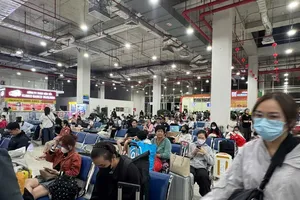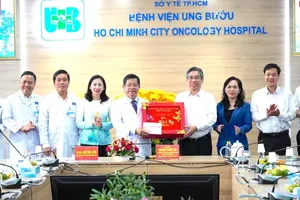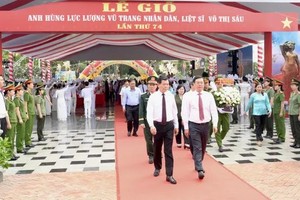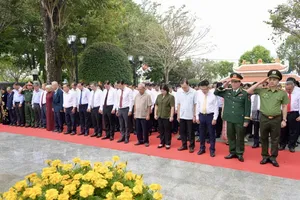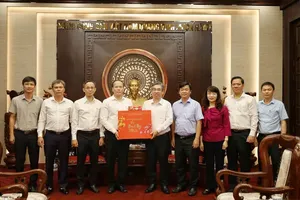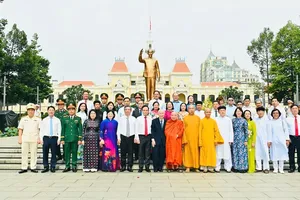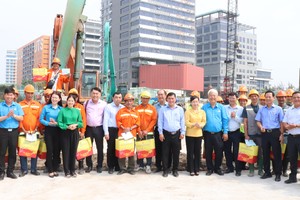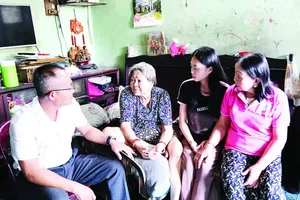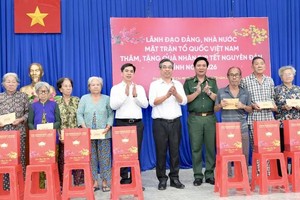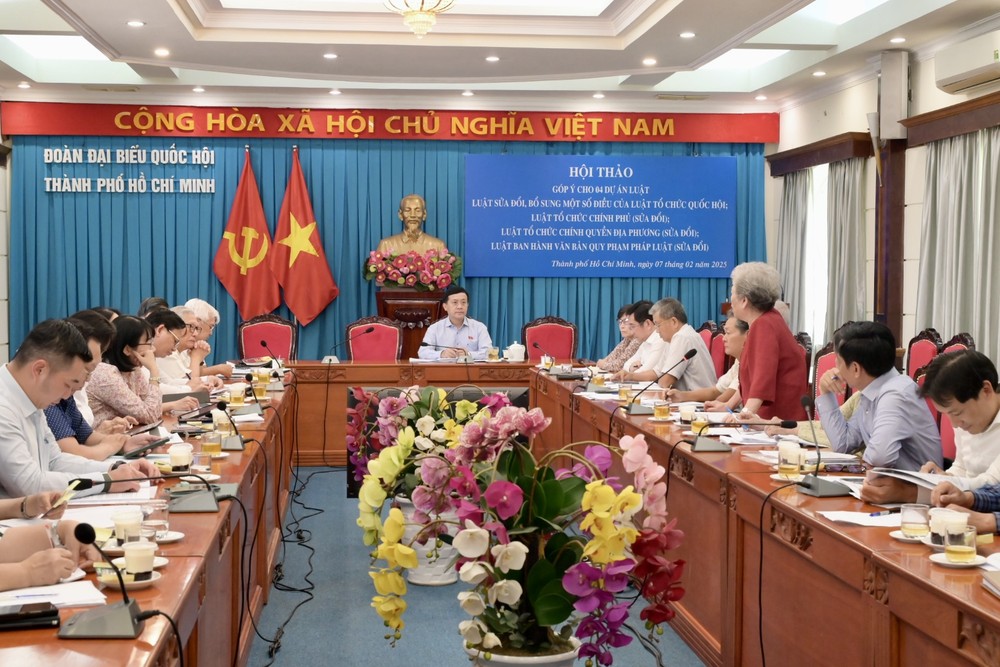
At a seminar organized by the HCMC delegation of National Assembly (NA) deputies on the afternoon of February 7, Associate Professor Dr. Phan Thanh Binh, former Chairman of the NA’s Committee for Culture, Youth, Adolescents, and Children, proposed the need for mechanisms to oversee and regulate the powers of the Prime Minister and ministers in the amendments to the Law on Government Organization.
The seminar gathered feedback on four draft laws: amendments and supplements to the Law on NA Organization, the revised Law on Government Organization, the revised Law on Local Government Organization, and the amended Law on Promulgation of Legal Documents.
Strengthening oversight of government authority
Speaking at the event, Associate Professor Dr. Phan Thanh Binh emphasized the importance of establishing effective mechanisms to monitor and control the powers of the Prime Minister and ministers.
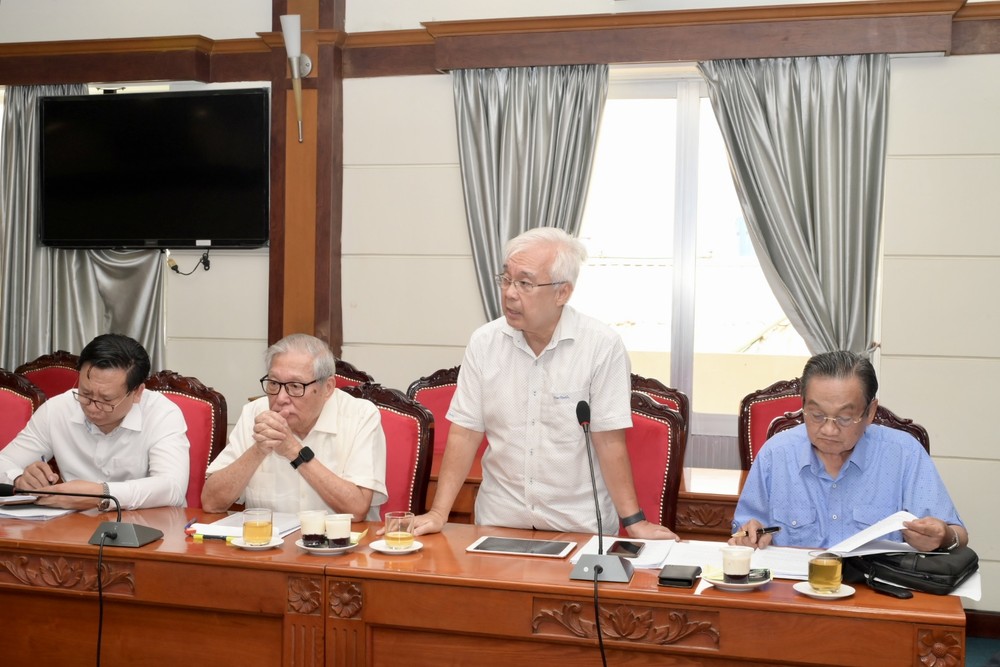
His proposal stems from lessons learned in the aftermath of the Covid-19 pandemic when serious governance violations, particularly in public procurement, bidding, healthcare, and education, came to light. These incidents underscore the need for a robust power-regulation system to prevent abuse and misconduct.
Additionally, financial oversight and State budget management must be strengthened. Associate Professor Dr. Phan Thanh Binh proposed mandatory financial disclosure for major government expenditures as a key measure to enhance transparency, ensure budget efficiency, and prevent losses, wastefulness, and corruption.
Regarding this issue, Dr. Tran Du Lich, Chairman of the Advisory Council for the Implementation of NA Resolution 98, emphasized that law amendments must be fundamental, ensuring that the NA has real control over the State budget. He stressed the need for a clearly defined and strict process for budget oversight.
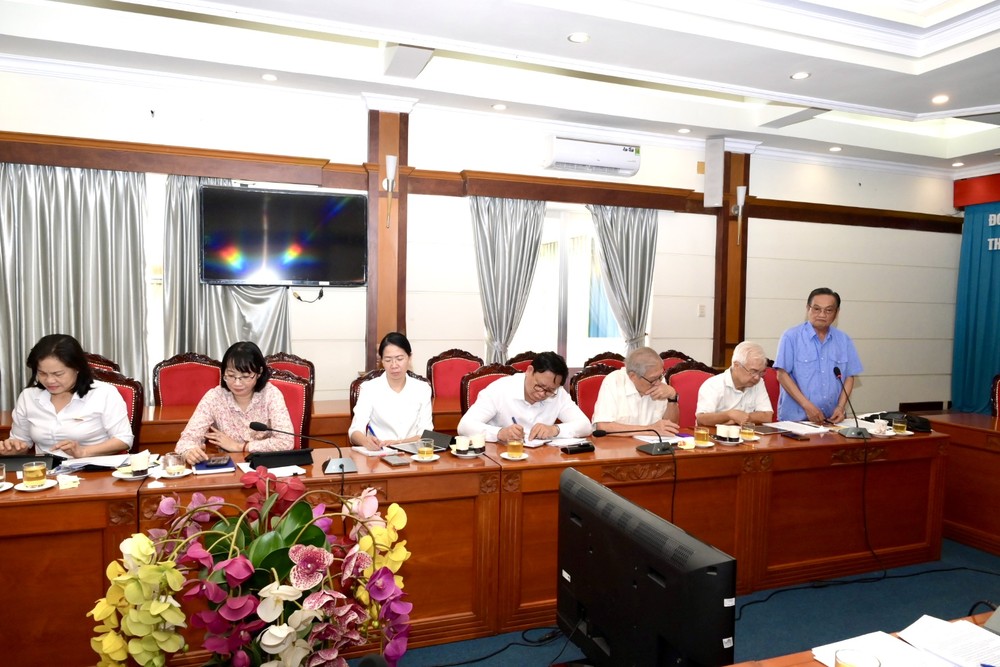
Another important point raised by Associate Professor Dr. Phan Thanh Binh was the need to improve transparency and increase oversight in government decision-making and administration, especially regarding the Government Office. Known as a "super ministry," the Government Office plays a crucial role in coordinating, advising, and implementing key policies. Given its significance, he proposed that the NA establish an oversight mechanism to monitor its operations.
Further strengthening decentralization
Additionally, Associate Professor Dr. Phan Thanh Binh proposed clarifying the hierarchy and decentralization mechanism between the central government and local authorities. While there are existing regulations on decentralization, many aspects remain unclear, leading to overlapping responsibilities and a tendency to shift blame. He emphasized the need to establish a mechanism to assess the capabilities of local governments, linking it to the accountability of local leaders to enhance management efficiency.
Mrs. Pham Phuong Thao, former Deputy Secretary of the HCMC Party Committee and Chairwoman of the HCMC People’s Council, offered a groundbreaking perspective on amending the Law on Local Government Organization. She proposed reforms aimed at improving the effectiveness and accountability of State management and leadership.
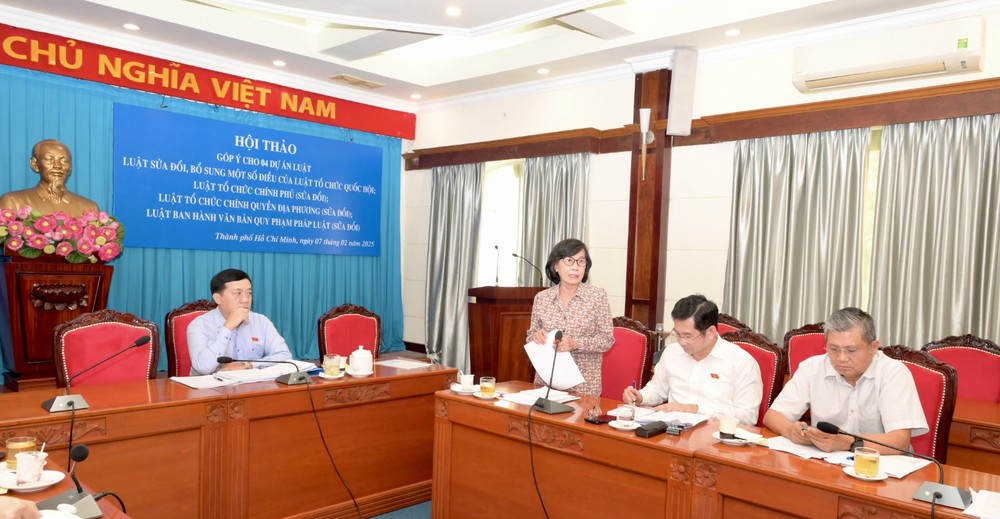
Specifically, the amended Law on Local Government Organization should include provisions for establishing administrative committees, with pilot programs initially implemented in areas already experimenting with urban governance models.
Implementing an administrative committee model would clearly define the responsibilities of local leaders, resolve the overlap between the People’s Council and the People’s Committee, and ensure a more agile, efficient, and effective administrative system.
The former Chairwoman of the HCMC People’s Council suggested that more hierarchy and decentralization be granted to the Government and provincial People’s Committees in making decisions on investment project lists. This would empower localities to take greater initiative in socio-economic development, streamline approval processes, and speed up the implementation of key projects.
It is sensible for the NA to focus only on reviewing and approving major projects with special significance, such as those related to national defense, security, or the environment. This would allow the NA to concentrate on macro-level issues while giving more autonomy to the Government and local authorities.
These draft laws will be passed during the 9th extraordinary session of the 15th NA in mid-February 2025. In this session, the NA will review and approve laws and resolutions aimed at restructuring and improving the functioning of institutions, agencies, and political organizations. These matters are vital for overcoming institutional barriers, resolving challenges in socio-economic development, ensuring national defense and security, and strengthening the political system.
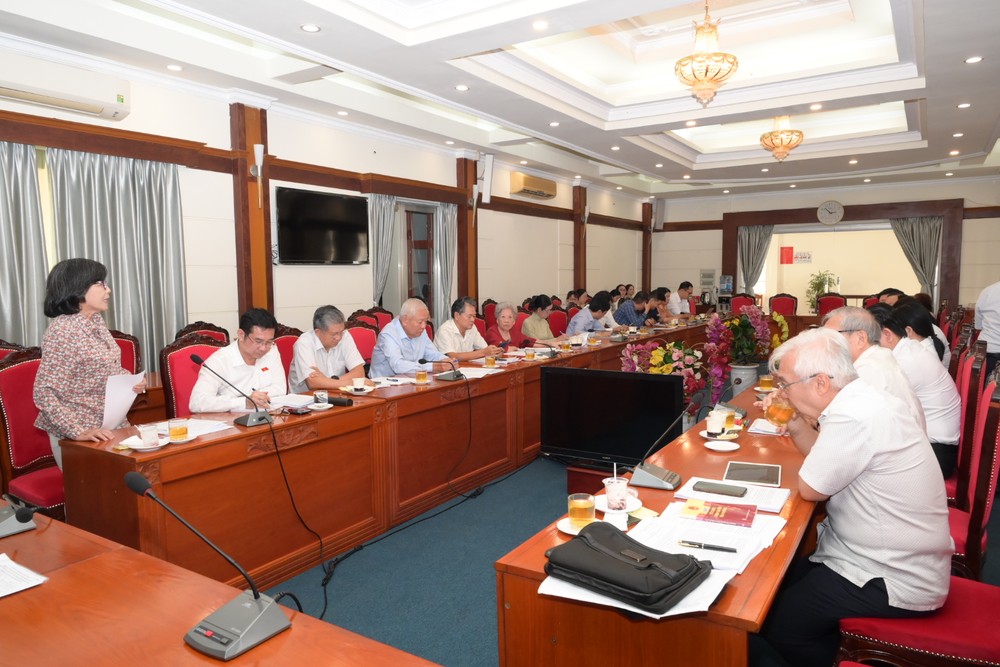
In particular, the amended Law on Government Organization should push for maximum decentralization to the Government, enabling it to tackle challenges and promote the country’s growth. It should also clearly define the relationship between the Government, the NA, the Standing Committee of the NA, political-social organizations, and establish a clear separation of powers among the legislative, executive, and judicial branches.
